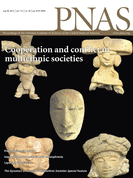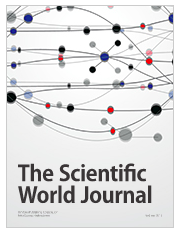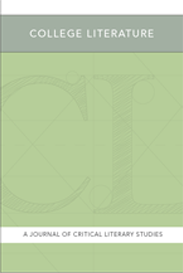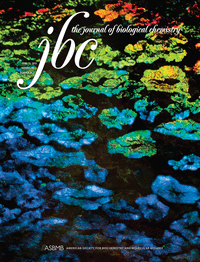
We present a guest post from Tracy Tullis, author of a recent story in the New York Times that — as we reported — the editors said afterwards they “would not have assigned” to her if they’d known about her “involvement in a cause related to news coverage.” This is her side of the story.
Last month I wrote a story for The New York Times called “The Loneliest Elephant,” about an elephant named Happy who has been kept alone at the Bronx Zoo for the past nine years. Animal welfare groups say she should be released to a wildlife sanctuary where she could have the companionship of other elephants; the Bronx Zoo says she’s fine where she is.
The day after the article was published in the Sunday paper, The Times learned I had signed an online petition in support of sending the elephant to a sanctuary (I signed it last April, three weeks before I pitched the article). As Retraction Watch has reported, The Times added an editor’s note to the online version of the article, explaining that signing the petition was “at odds with The Times’s journalistic standards.”
The New York Times Ethical Journalism handbook, which I received six months ago when I wrote my first freelance article for The Times, warns that writers should do nothing that “might reasonably raise doubts about their ability or The Times’s ability to function as neutral observers in covering the news”: no donations to political candidates, no marches or rallies, no buttons or bumper stickers. The handbook doesn’t mention petitions, physical or digital (it was published in 2004, before clickable appeals became commonplace), but it makes sense that signing them would likewise be considered a violation.
There’s a backstory, though, as I suppose there always is. When Retraction Watch asked if I would be interested in telling it, however, I hesitated. My inclination was to curse my mistake, apologize privately to my editor (which I have done), and put it all behind me. But I think the incident raises pertinent questions about how media organizations handle issues of neutrality—and about what happens when the institutions they cover critically accuse writers of bias. And so I agreed to write this. Continue reading NYT journalist: I am not a neutral observer–can I still be a fair reporter?







